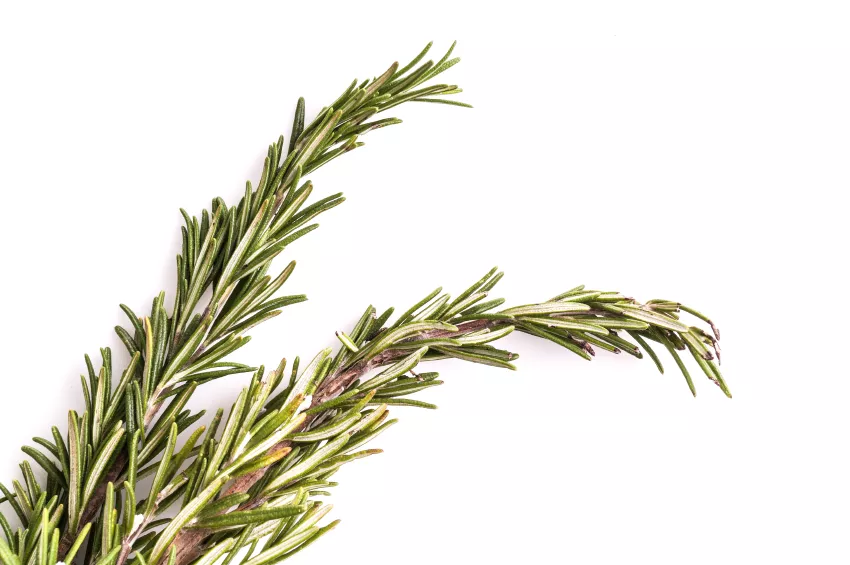Rosemary is a rather capricious plant that sometimes you can't really do anything about. Some rosemary plants falter in apparently optimal locations, only to then - transplanted - literally flourish in apparently less perfect places. But if your rosemary looks dried up, you should start investigating the cause as soon as possible.

Root rot is usually behind it
It sounds paradoxical, but it's actually the case: rosemary dries up because it has been exposed to too much moisture and humidity. In particular, waterlogging, too frequent watering or too heavy soil lead to the roots rotting and finally being no longer able to supply the above-ground parts of the plant with sufficient water and nutrients. Furthermore, the rotting roots are often attacked by microorganisms living in the soil, mostly fungi. So, if your rosemary looks dried up even though you water it regularly and the soil doesn't appear to be dry, you should dig it up and take a closer look at the roots.
Saving dried rosemary
With a little luck - and quick action - a rosemary that is drying up due to root rot can still be saved. The rescue operation proceeds as follows:
- Dig up planted rosemary using a spade fork.
- Potted rosemary is simply taken out of the pot.
- Carefully remove the soil from the roots, for example under a shower.
- Now examine the roots for any signs of rot.
- Diseased roots are cut off with a sharp and clean knife and discarded.
- Feel free to be generous when pruning.
- Dip the roots in a rooting hormone - this also stops fungi from growing.
- Now plant the rosemary in a different location.
- Put pot rosemary in a new pot with fresh substrate.
Either before transplanting or afterwards you should cut back the plant vigorously. All dried, diseased or wilted looking parts of the plant are removed. If possible, do not cut into the old wood, because the rosemary will have a hard time growing out of it. Water regularly, but only a little.
tips and tricks
A rosemary plant that hangs its needles usually has a different kind of water problem. It is usually thirsty and needs more water. You should therefore pay attention to this sign, especially in very hot summers or in winter.
IJA